Have you ever heard about Kokera Sushi in Kochi, Japan? It’s like a special sushi party happening right there. Japan has tons of sushi, but this sushi is really unique. It’s not just regular sushi – it’s got a story, a tradition, and a whole lot of local love packed into it. So, today, let’s dive into the world of Kokera Sushi, find out why it’s special in Kochi, and discover what makes it a tasty tale of joy and history. Get ready to munch on some good vibes from Japan!
What is Kokera Sushi?
Kokera Sushi is a special dish from Kochi Prefecture. It falls under the category of “Oshi Sushi,” where vinegared rice, flavored with yuzu vinegar, is combined with ingredients like shiitake mushrooms, carrots, and kinshi eggs. The preparation involves layering this yuzu-vinegar-infused rice and the ingredients within a square wooden frame, creating a 3-sho (approximately 10 kilograms) block of sushi. Interestingly, it stands out as a robust pressed sushi, weighing over 30 kilograms and being tough enough to withstand being thrown without breaking.
To make this sushi, the process involves placing sushi rice into a wooden mold, arranging the ingredients, placing a board on top, and applying pressure. This method is repeated to achieve the desired firmness. When serving on individual plates, the act of stacking it in two layers represents a gesture of “piling up joy.”
History & Origin
Etymology
“Kokera Sushi” is a unique style of sushi, characterized by placing grilled and shredded fish, shiitake mushrooms, carrots, eggs, and more on vinegared rice. The name’s origin has several theories. Some believe it comes from using a “kokera-ita” (roof-like wooden board) in the pressing process, while others associate it with the appearance resembling wood chips (“kokera”) from wood shaving.
Regional Variations
Ingredients vary regionally. Near Tanoura Fishing Port in Wakayama City, a summer festival tradition involves serving Kokera Sushi with fish like “Himeji” or “Eso.” These fish, caught from spring to summer, are prepared by filleting into three pieces and salting in advance.
In Zagasaki, Wakayama City, Kokera Sushi features minced Eso meat obtained through bottom trawling. After baking and meticulous bone removal, it becomes a delightful dish sometimes known as “Tonton-zushi.”
Local styles
Different regions showcase their unique styles of “Kokera Sushi.” In Matsue, Wakayama City, the dish features layers of shredded shrimp or sea bream with vinegared rice. Alternatively, red snapper may replace shrimp.
Nachi-Katsuura Town has its own version, incorporating ingredients like black soybeans, river shrimp, shiitake mushrooms, Koya tofu, and carrots. Various leaves, such as Basho leaves in summer and mustard greens leaves in autumn or New Year celebrations, are used to divide the sushi.
Features of Kokera Sushi
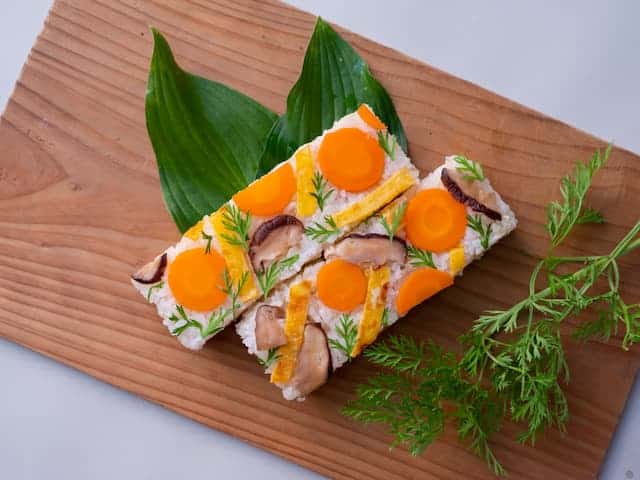
Eating habits of Kokera Sushi
In Kochi Prefecture, for approximately the past 150 years since the Meiji period, it has been a tradition for relatives and women in the community to come together during various celebrations like festivities, Shinto rituals, ceremonies, childbirth celebrations, and 60th birthday events. On these occasions, it was a common practice for everyone to collectively prepare Kokera Sushi. However, in recent times, there has been a decline in the number of families engaging in the tradition of making this type of sushi.
Ingredients & Taste
Kokera Sushi features a vibrant arrangement of ingredients atop yuzu-vinegared rice, including shiitake mushrooms, carrots, carrot leaves, kinshi eggs, and more.
The flavor is distinct due to its use of yuzu vinegar instead of traditional rice vinegar, imparting a subtle yuzu fragrance that enhances the overall taste. The combination of yuzu vinegar from Kochi Prefecture with grilled mackerel results in what is known as “vinegar nigashi.”
The vinegared rice in “vinegar nigashi” contains a small amount of mackerel meat, minimizing the fish’s texture. The mackerel broth contributes depth to the sushi rice’s flavor, and a subtle aroma of grilled mackerel lingers in the aftertaste. Additionally, the inclusion of shiitake mushrooms, combined with their broth, complements the yuzu vinegared rice, creating an instant and delightful flavor experience upon each bite.
Texture
Kokera Sushi belongs to the category of “oshi-zushi,” where it undergoes a firm pressing with a weight exceeding 30 kilograms for 3 sho of rice. This pressing process results in a robust hardness that allows for clean, beautiful cuts and a concentration of umami flavor. Despite its seemingly small appearance, the thorough pressing and hardening make it surprisingly substantial, leaving you feeling satisfied and full.
Kokera Sushi is “lucky charm”
Kokera Sushi holds the significance of “layering joy,” symbolized by cutting substantial portions and presenting them in two layers on a small plate. This tradition has been passed down over time as a symbol of good luck. Due to its auspicious nature, in Kochi Prefecture, there is a custom of enjoying it on special occasions such as celebrations, Shinto ceremonies, childbirth celebrations, and 60th birthday festivities.
During celebrations and festivals, Kokera Sushi is often served at the beginning of the meal, given its role as a congratulatory dish for customers.
How to enjoy Kokera Sushi?
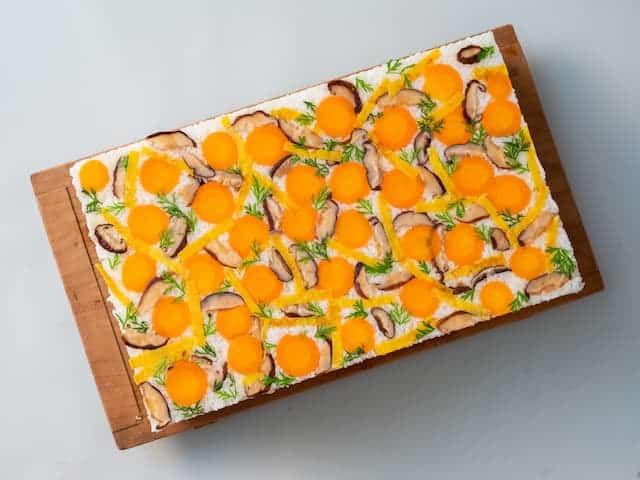
Eat as it is
Kokera Sushi is a type of pressed sushi, so it is typically enjoyed just as it is.
Grilled Kokera Sushi
Grilled Kokera Sushi has been cherished since ancient times. When many people gathered to enjoy it, they often made a large quantity of Kokera Sushi. Any leftovers were then grilled before consumption. There are many individuals who particularly love the taste of grilled Kokera Sushi.
Nowadays, some intentionally choose to grill rather than consuming the leftovers. Grilling leftover sushi over charcoal results in a crispy and fragrant texture, creating a different kind of deliciousness. Some methods of grilling at home include using a burner to sear the surface or using an oven toaster to add a crispy texture, enhancing the flavor and enjoyment.
Frozen Kokera Sushi
While not recommended, it is possible to freeze Kokera Sushi. If you decide to freeze it, ensure it is completely thawed and thoroughly heated before consumption. Insufficient heating may result in a dry texture. After proper heating, adding a seared surface using a frying pan or similar method can further enhance the deliciousness of the frozen Kokera Sushi.
Kokera Sushi FAQ
- Can I enjoy Kokera Sushi in different seasons?
-
Absolutely! The choice of ingredients can vary with the seasons, reflecting the availability of fresh produce. For example, certain fish or vegetables may be more abundant or flavorful during specific times of the year, influencing the composition and taste of Kokera Sushi.
- Apart from freezing, are there traditional methods of preserving Kokera Sushi, and do these methods vary between households or communities?
-
While freezing is an option, some prefer to consume it fresh. Traditional methods may include storing in cool, dark places or using specific wrapping techniques.
How to cook Kokera Sushi?
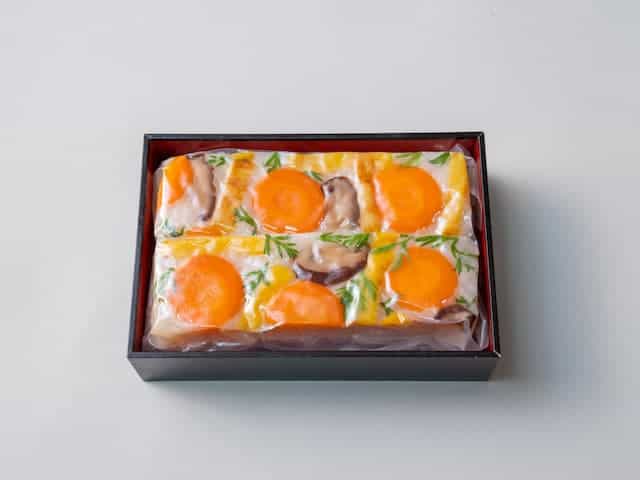
Ingredients
| Ingredients (for 6-8 servings) | Amount |
| For sushi rice: | |
| Rice | 5 cups |
| Vinegar | 90 ml |
| Sugar | 90g |
| Salt | 25g |
| Other ingredients | |
| Eggs | 2 |
| Mustard Greens Leaves | 5-6 sheets |
| Black Soybeans | 100g |
| Shiitake mushrooms | 6 pieces |
| Koya tofu | 4 pieces |
| Carrot | 1 |
| River shrimp | 100g |
| Pickled Ginger | 1 tbsp |
Instructions
Create thinly cooked eggs and cut them into 1cm squares
Season black soybeans, river shrimp, shiitake mushrooms, burdock, koya tofu, and carrot separately with dashi broth, sugar, soy sauce, and salt.
Cut the ingredients, making them slightly smaller than black beans.
Line the bottom of the box with mustard greens leaves and tightly spread sushi rice to a thickness of 1cm to 1.5cm
Flatten the surface and evenly sprinkle the 7 kinds of ingredients.
Place another layer of mustard greens leaves, spread sushi rice, and scatter the ingredients on top. Repeat this process to create 2-3 layers.
Finally, place mustard greens on top, cover with a board, and press with a weight (3-4kg) for at least 12 hours.
Recommended store
Kokera-ya Main Store (こけら屋総本店)
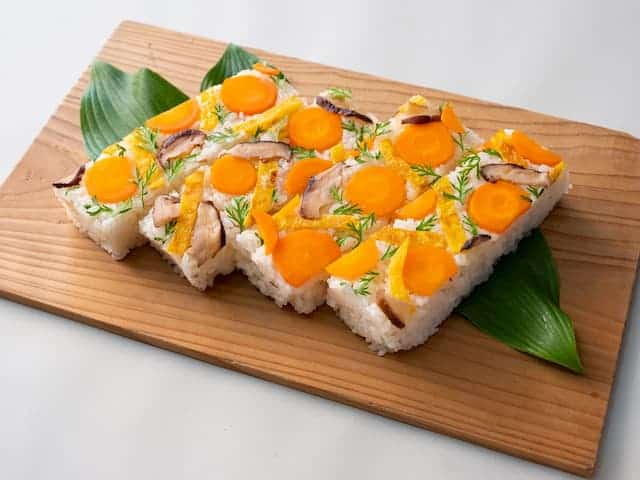
Meet the Kokera-ya Main Store, the hero saving Kochi’s tasty tradition – “Kokera Sushi.” This special sushi was almost forgotten, but on August 2, 2022, the store started selling it again. For about 150 years, Kokera Sushi has been a big deal in Kochi for celebrations. But now, not many get to enjoy it. This store wants to bring back the love for Kokera Sushi, help Kochi’s traditional food, and let people all around the world know about this tasty part of Japan.
Takeaway
Uncover the delicious story of Kokera Sushi from Kochi, Japan! This special sushi, loved for nearly 150 years, was in danger of disappearing. But in 2022, it made a comeback, bringing joy to celebrations. Kokera Sushi isn’t just food; it’s a piece of history and local culture. Back in the day, everyone in Kochi enjoyed it on special occasions. However, with time, fewer people got to taste its goodness. Now, there’s a renewed effort to keep the joy alive, making sure more people, from Japan to around the world, discover and love the unique flavors of Kokera Sushi!
If you love Japanese sushi, click here or check out below to see more delicious dishes!
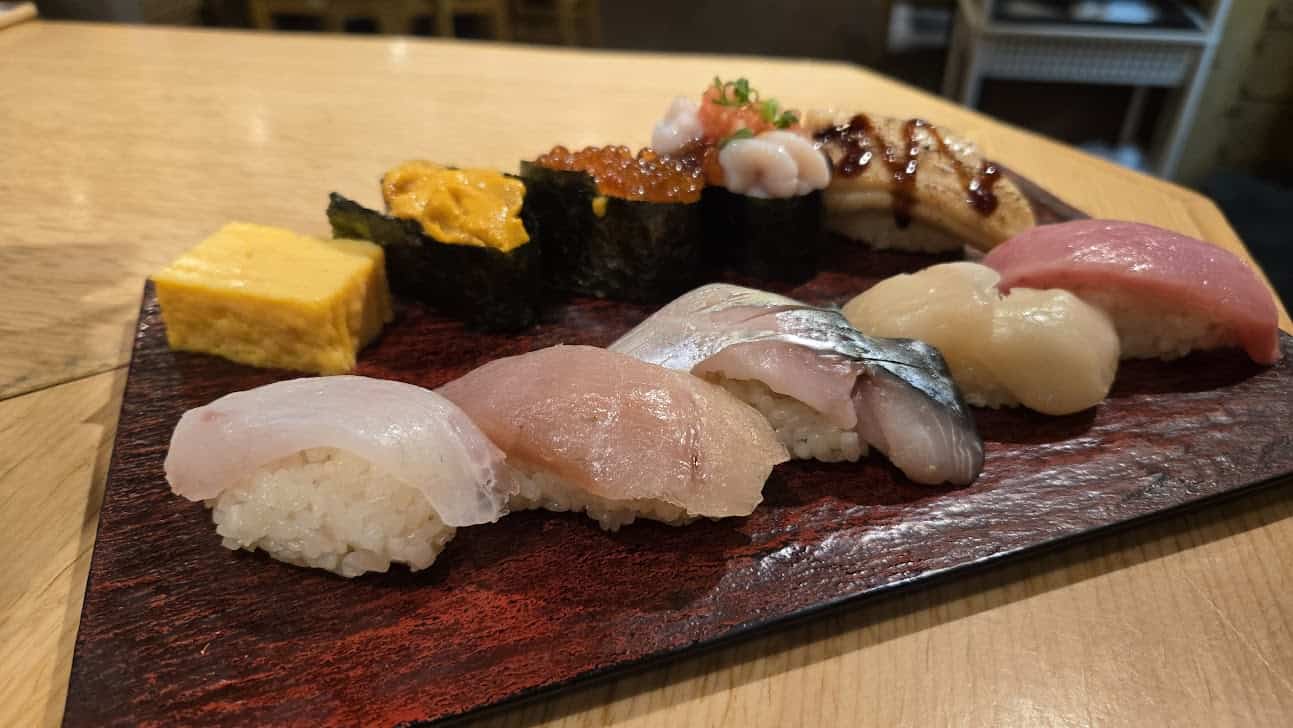
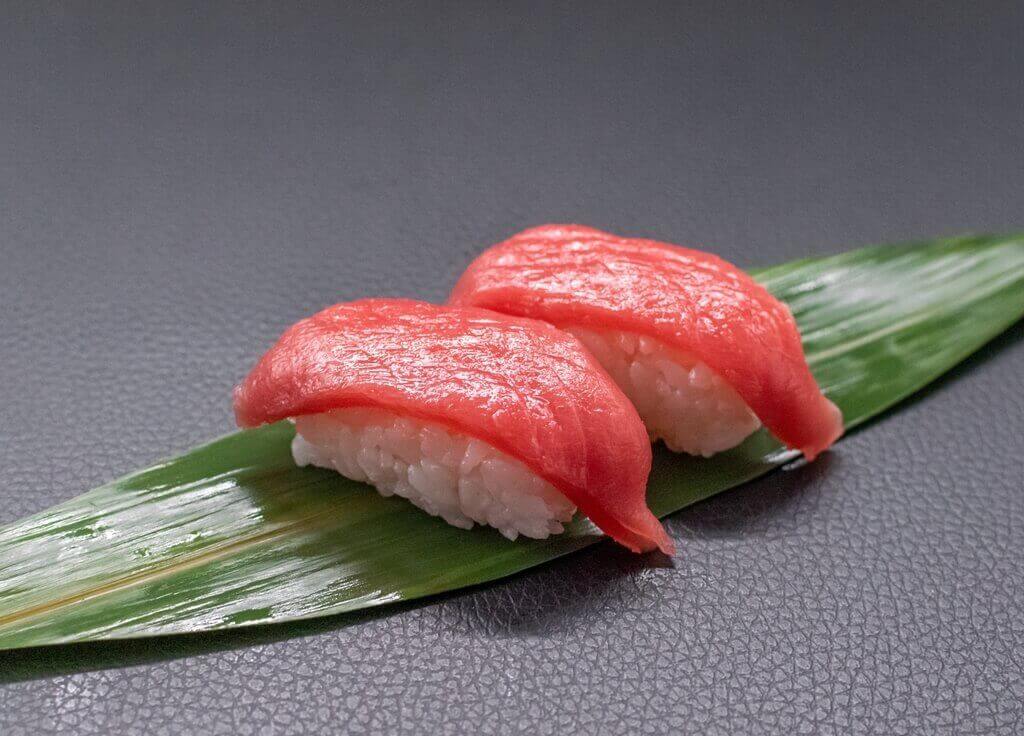
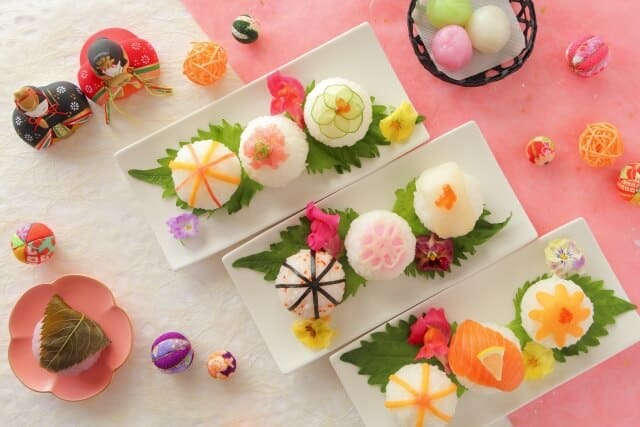
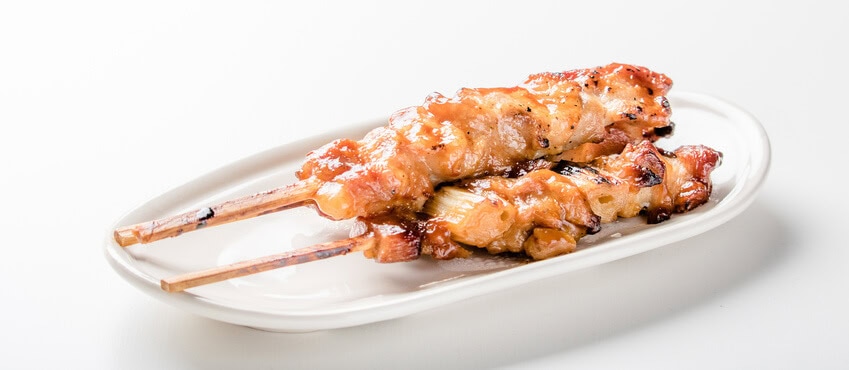
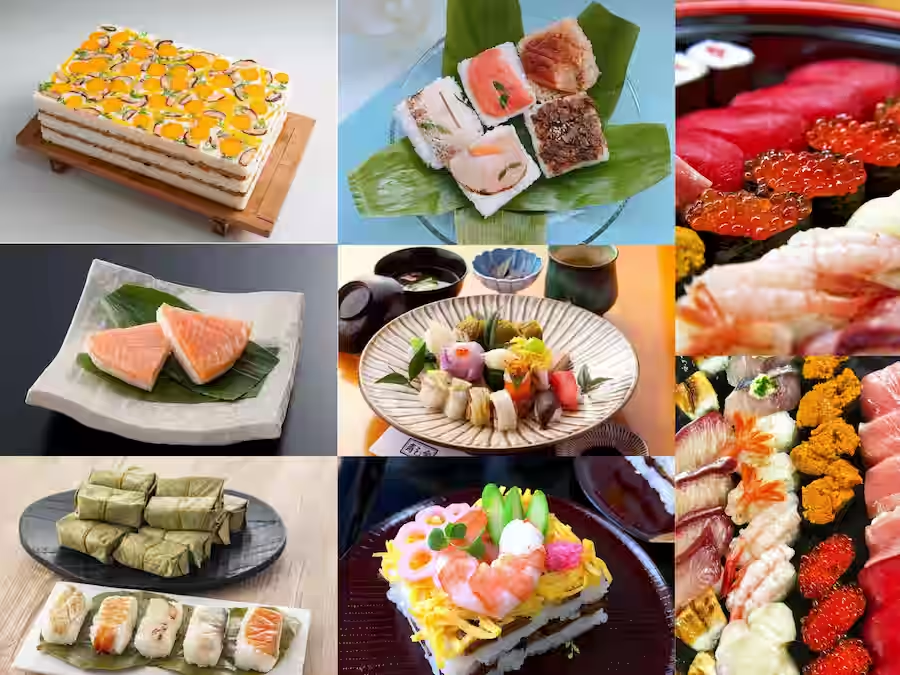
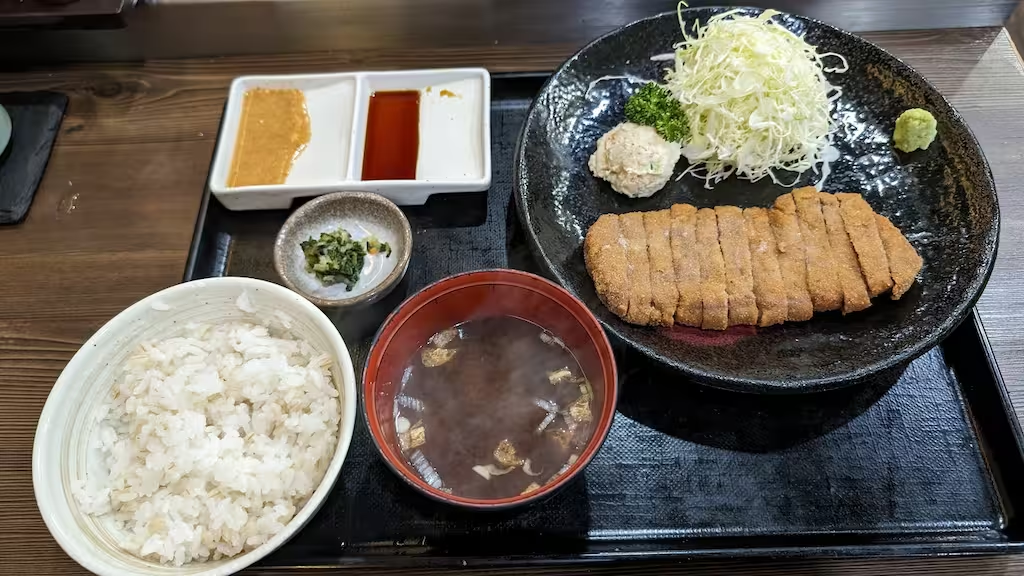
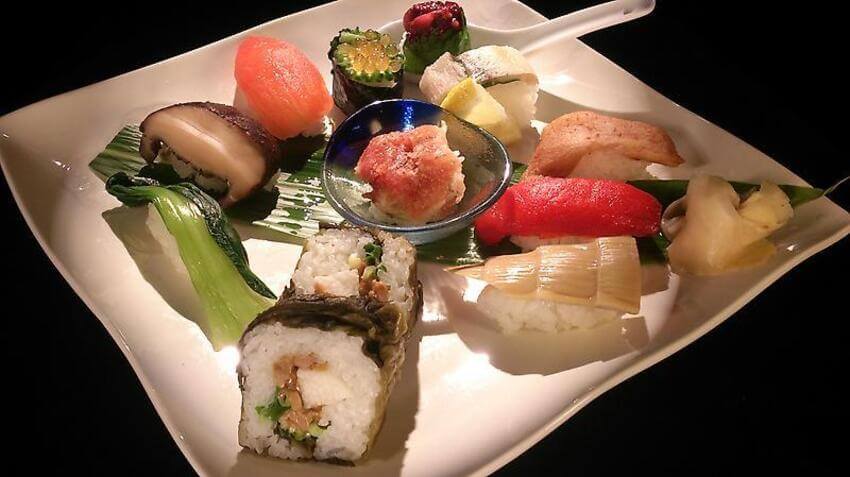
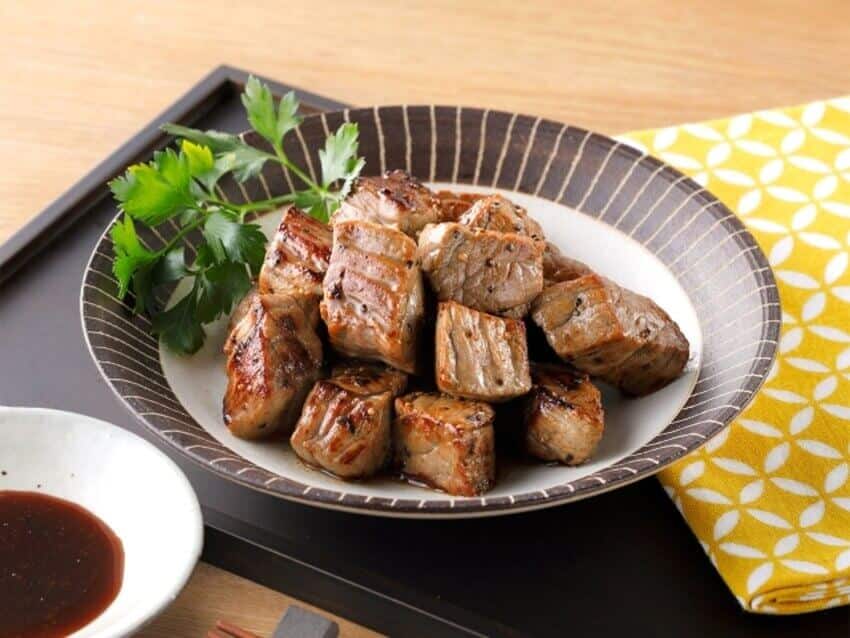

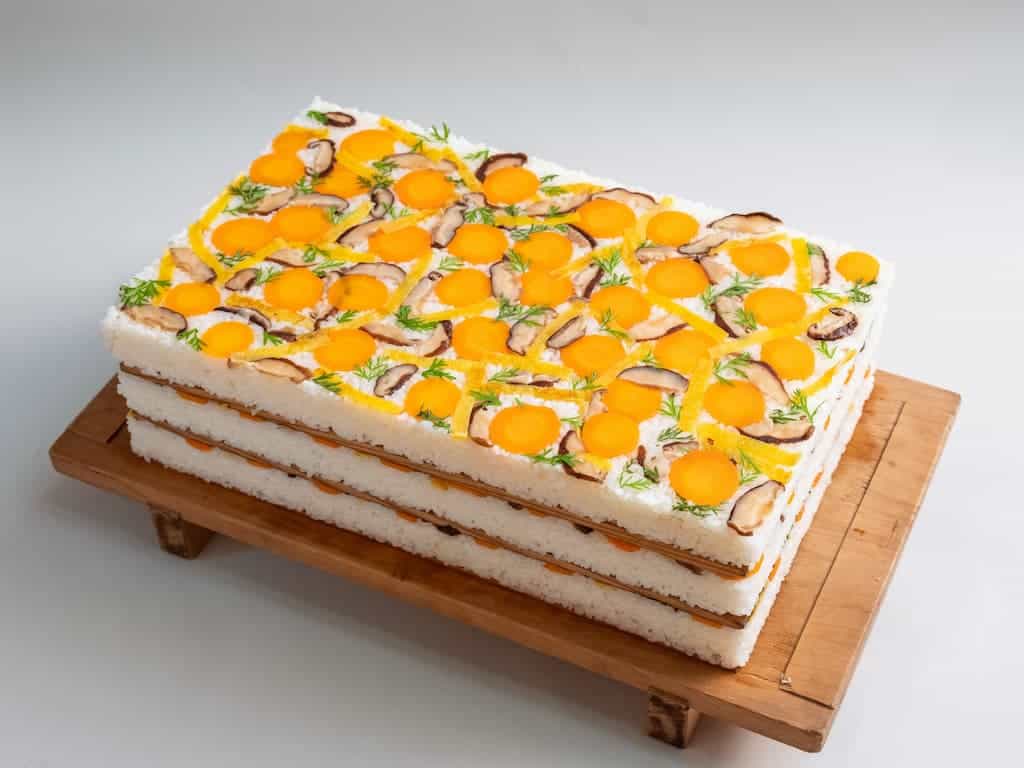
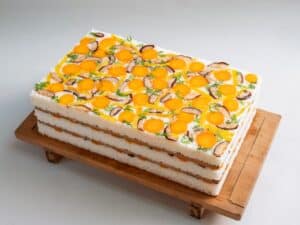
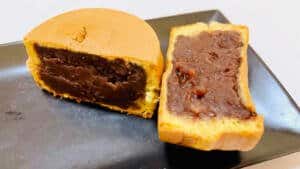
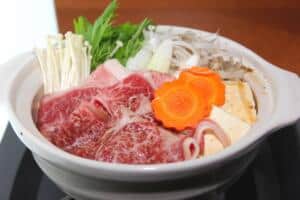
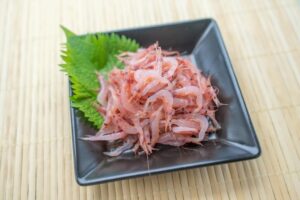
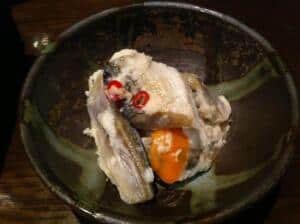
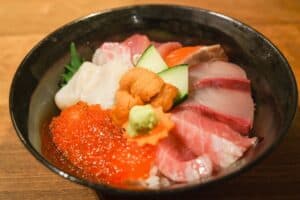
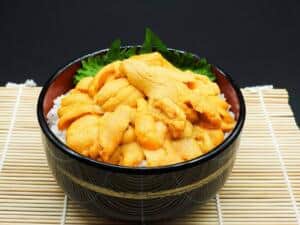
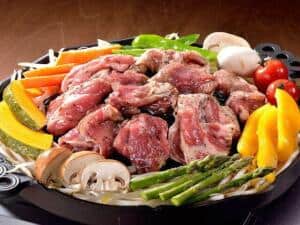
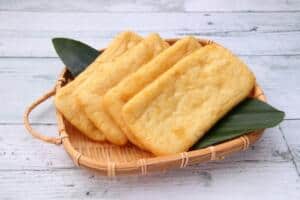
Comments